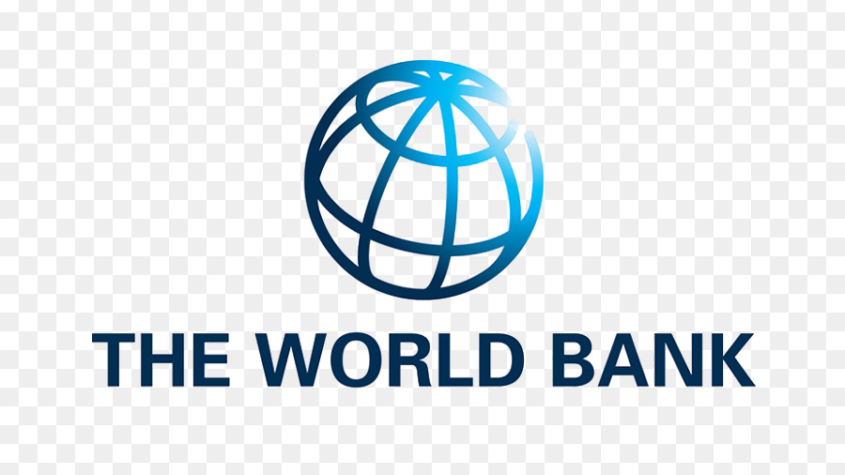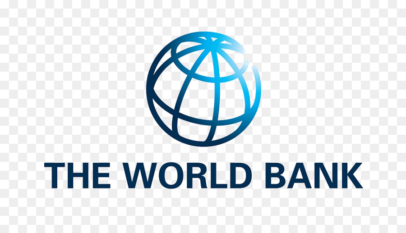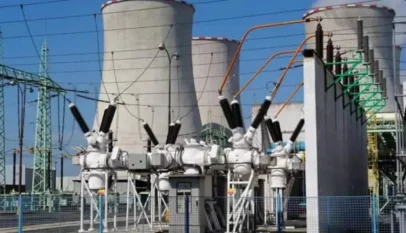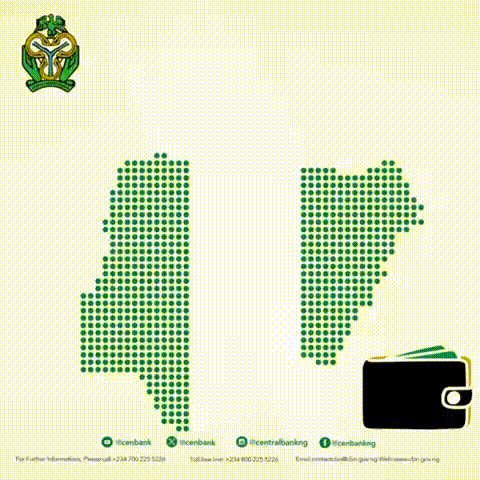
W/Bank Group, IAEA formalize partnership to collaborate on nuclear energy for devt
Folarin Abiodun
The World Bank Group and the International Atomic Energy Agency (IAEA) sealed an agreement today to work together to support the safe, secure and responsible use of nuclear energy in developing countries. The partnership agreement, signed by World Bank Group President Ajay Banga and IAEA Director General Rafael Mariano Grossi, formalizes multiple engagements between the two institutions over the last year, and marks the World Bank Group’s first concrete step to reengage with nuclear power in decades.
The agreement also reflects a new, broader approach by the World Bank Group to electrification—one that prioritizes accessibility, affordability, and reliability, while managing emissions responsibly. With electricity demand in developing countries expected to more than double by 2035, this approach aims to help countries deliver the energy people need by enabling pathways that best fit their national context, including development objectives and Nationally Determined Contributions.
Nuclear energy provides continuous baseload power, enhancing grid stability and resilience. Reliable baseload electricity is essential for job-generating sectors such as infrastructure, agribusiness, healthcare, tourism, and manufacturing. Nuclear power is also a source of high-skilled employment and stimulates investment across the broader economy. In addition, it can adjust to changes in electricity demand and support frequency regulation, enabling greater integration of variable renewable energy sources.
“Jobs need electricity. So do factories, hospitals, schools, and water systems. And as demand surges—with AI and development alike—we must help countries deliver reliable, affordable power. That’s why we’re embracing nuclear energy as part of the solution—and reembracing it as part of the mix the World Bank Group can offer developing countries to achieve their ambitions. Importantly, nuclear delivers baseload power, which is essential to building modern economies,” said World Bank Group President Ajay Banga. “Our partnership with the IAEA marks an important step, and I’m grateful to Rafael for his personal commitment and leadership in making this possible. Together, we’ll deepen our expertise, support countries that choose nuclear, and ensure that safety, security, and sustainability guide every step forward.”
“Today’s agreement is a milestone and the result of a year of joint work since President Ajay Banga kindly invited me to the World Bank Group Executive Board in Washington in June of last year,” IAEA Director General Grossi said. “This landmark partnership, yet another sign of the world’s return to realism on nuclear power, opens the door for other multilateral development banks and private investors to consider nuclear as a viable tool for energy security and sustainable prosperity. Together, we can help more people build a better future.”
Under the memorandum of understanding signed Thursday, the IAEA will work with the World Bank Group in build knowledge related to the nuclear field; extend the lifespan of existing nuclear power plants; and advance Small Modular Reactors.
Thirty-one countries currently operate nuclear power plants, which combined produce about 9% of the world’s electricity, amounting to almost a quarter of all low-carbon power globally. More than 30 other countries, most of them in the developing world, are considering or already embarking on the introduction of nuclear power and are working with the IAEA to develop the necessary infrastructure to do so safely, securely and sustainably.
“SMRs have great potential to cleanly and reliably power progress and fight poverty, but financing remains a roadblock,” Director General Grossi said. “Today’s agreement is a crucial first step to clearing that path.”





